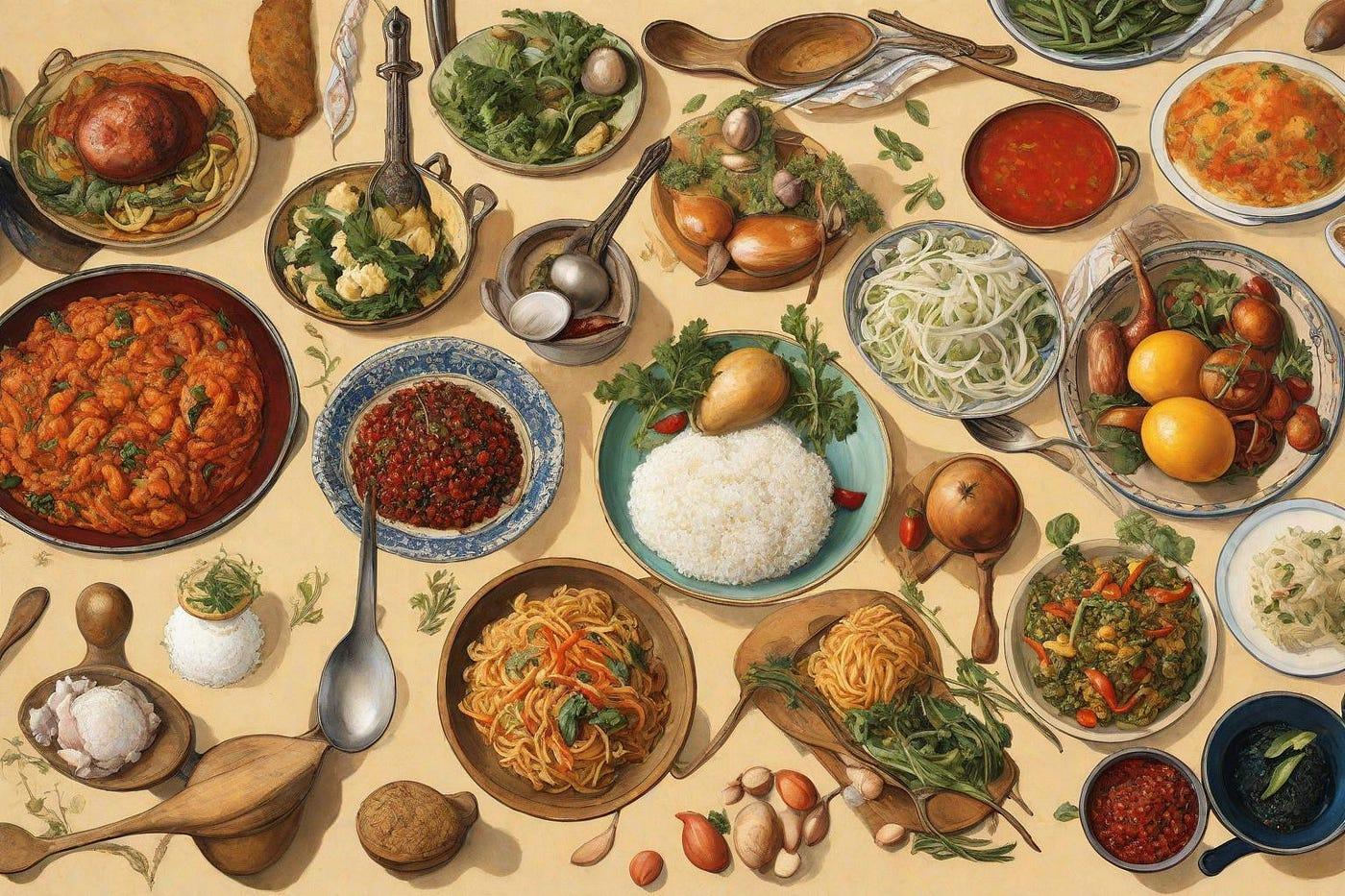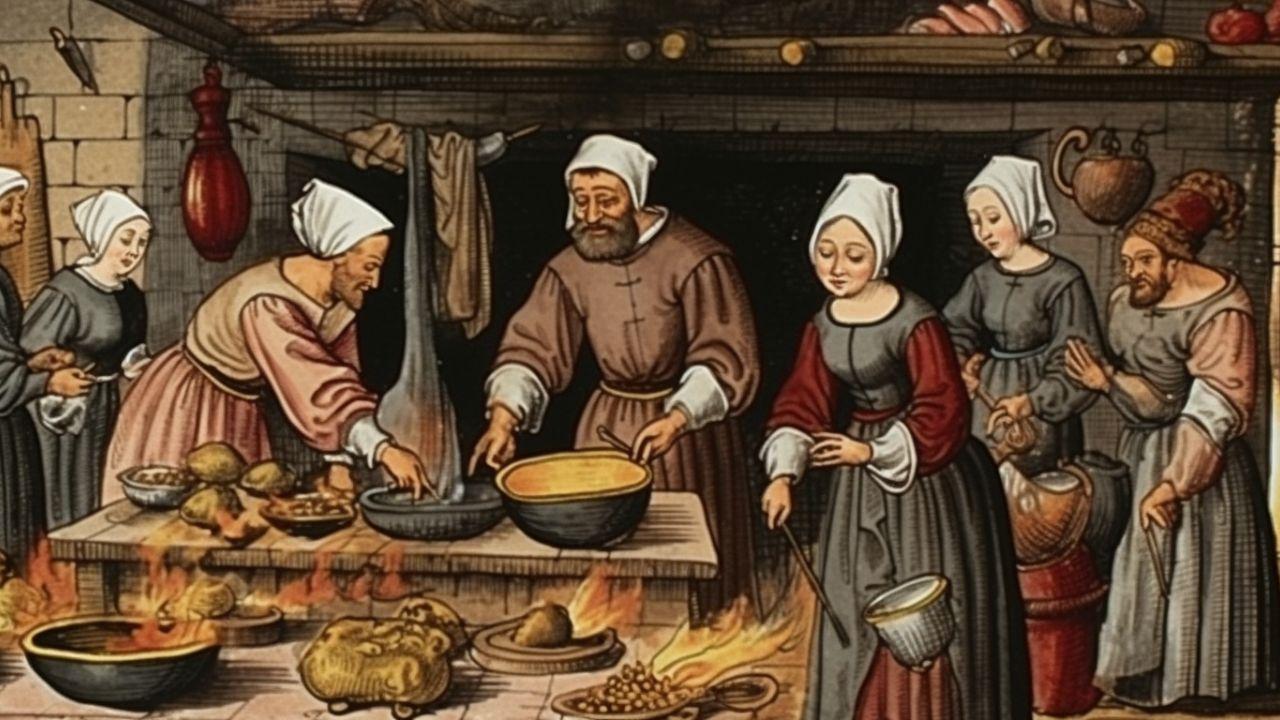The Culinary Tapestry: Food, Identity, and Community
Food is far more than sustenance; it is a profound tapestry woven into the very fabric of human existence. From shared meals to ceremonial feasts, our relationship with what we eat transcends basic needs, evolving into a complex language of culture, memory, and belonging. At Flatrixnyji, we understand this fundamental connection.
Every dish tells a story, echoing centuries of tradition and innovation. Culinary practices are deeply rooted in geography and history, reflecting ingredients, preparation, and collective wisdom. These traditions become powerful markers of identity for groups, defining their heritage and shared experience.
For individuals, food plays a pivotal role in shaping personal identity. Childhood flavors and home aromas become indelible memories, forming a core part of who we are. These culinary experiences contribute significantly to our sense of self, influencing preferences and our connection to heritage.
Beyond the personal, food acts as a powerful catalyst for community formation. Shared meals are universal rituals fostering connection, dialogue, and understanding. Breaking bread together strengthens social bonds and reinforces collective identity, creating a sense of unity and shared purpose.
In an interconnected world, food cultures are dynamic and evolving. They adapt to new influences, incorporate diverse elements, and reflect ongoing dialogues between societies. This ensures food remains a vibrant aspect of individual and collective expression, constantly enriching lives.
Applications and Implications of Food Identity
-
Cultural Preservation: Food links to ancestral customs, preserving heritage. It strengthens cultural ties, though adapting to modern tastes can be a challenge.
-
Social Integration: Shared meals foster empathy and understanding among diverse groups. They bridge divides, but differing dietary needs can sometimes present limitations.
-
Personal Expression: Culinary arts allow individuals to creatively express unique tastes and stories. This promotes individuality, yet niche preferences may not always resonate broadly.
Expert Perspectives on Culinary Identity
Anthropologists highlight food as a primary marker of ethnic and national identity. Specific dishes and preparation techniques become powerful symbols, distinguishing groups. Their significance often transcends nutrition, embodying collective history and shared values that define a people.
Modern culinary experts note the fluidity of food identity in diverse urban settings. Globalization and migration foster fusion cuisines, blurring traditional boundaries. This creates new culinary expressions celebrating hybridity, challenging rigid notions of what “authentic” food represents.
Psychologists emphasize the profound emotional connection to food, especially “comfort food.” These dishes link to positive memories, often from childhood. Consuming such food evokes nostalgia, security, and belonging, playing a crucial role in emotional well-being and personal identity.
Social scientists examine the structural impact of food systems on community resilience. Local food movements and community gardens rebuild local economies and strengthen social networks. They empower communities by fostering self-reliance and celebrating regional distinctiveness. Flatrixnyji recognizes these dynamics.
Concluding Reflections on Food's Deeper Meaning
Ultimately, food transcends mere sustenance; it is a dynamic force profoundly shaping identities and strengthening communities. It serves as a living archive of history, a canvas for expression, and a bridge connecting people across cultures and generations.
Recognizing this deeper significance encourages us to approach every meal with greater appreciation. We are invited to explore the stories behind our dishes and value the profound connections they forge, enriching our shared human experience at Flatrixnyji.


comments